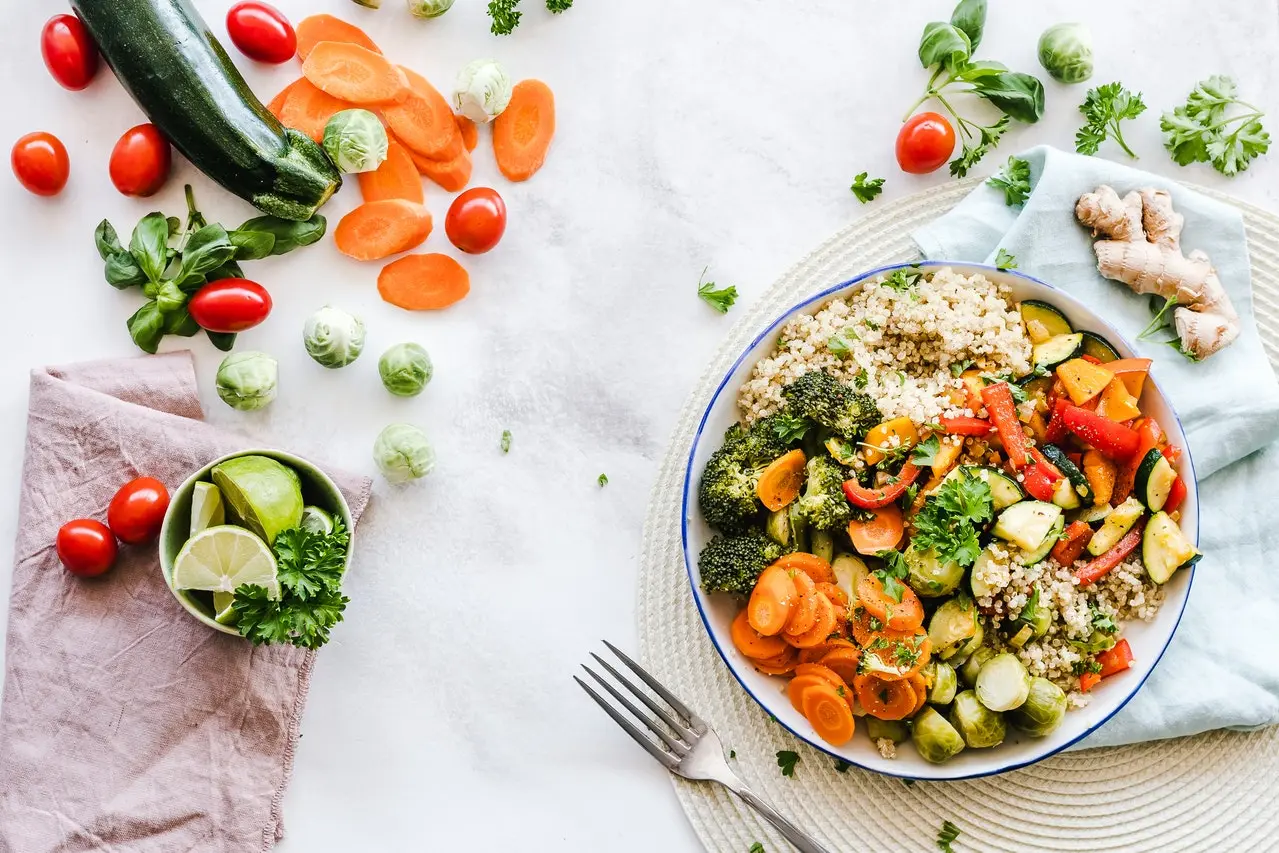Disclaimer: Mladysrecords. This site provides fashion and lifestyle content for informational purposes only.
When it comes to diet plans, the ketogenic diet (aka the “keto diet”) is one of the most popular. Simple and effective, the keto diet claims to help you lose 100 pounds or more. Apart from weight loss, this diet can also improve your blood sugar levels, enhance brain health and improve your overall health.
But before you stock up on keto bread from Walmart or immediately ditch your current diet plan, it pays to know more about the keto diet. What is it? What should you include in your keto diet plan? And is it the right diet for you?
What is the Keto Diet?
There are many ways to describe the keto diet, but the most common definition is that it’s a low-carb, high-fat and low-to-moderate protein diet. However, if you’re unfamiliar with phrases like “low-carb” or “high-fat,” understanding how the keto diet works can be tricky.
In a nutshell, the keto diet works when you restrict your carbohydrate consumption to the point that your body enters and sustains a metabolic state of ketosis. During ketosis, your body consistently uses and burns ketones, which are an efficient alternative source of body fuel. To enter a state of ketosis, you must trigger a process in the liver called ‘ketogenesis.’ To do so, you must limit your carb consumption.
If you strictly follow a keto diet, your body will reach a state of ketosis in four days. During your first week, you may lose several pounds of weight.
How Do You Start a Keto Diet?
To begin your keto journey, evaluate the items in your pantry and refrigerator. You might have to toss a few things out and switch them with high-fat food sources.
Just to be sure, talk to your nutritionist or doctor about your keto diet plan. This is a must for people with dietary restrictions, such as having certain food allergies or being a vegetarian or vegan. Health experts can help you find substitutes or alternatives and create a meal plan that best suits your needs.
So, before you make the switch to keto meals, ask your doctor or nutritionist the following questions:
- What are some of the side effects of a keto diet plan?
- Will this diet help manage your health condition?
- Is exercise OK? If so, how much can you do?
- How long should you stay on the keto diet?
- Should you continue taking supplements or vitamins during the diet?
Once you’ve discussed the basics, start talking about the food that you can and cannot eat.
What Foods Do You Eat on a Keto Diet?

A rule of thumb with the keto diet: replace carbohydrate-heavy foods with keto-friendly foods so you’ll naturally eat fewer calories than before, which enhances many aspects of your health. At the same time, you can also lose weight.
So, what can you eat? What can’t you eat?
Keto-Friendly Foods
- Greek yogurt
- Full-fat dairy products
- Seeds and nuts
- Fish and meat
- Eggs
- Coconut
- Cottage cheese
- Sweeteners (e.g. monk fruit, erythritol and stevia)
- Fibrous and non-starchy vegetables (If you are consuming only 20 to 50 grams of carbs per day, choose non-starchy vegetables like green beans, asparagus, leafy greens, mushrooms, peppers, cauliflower and broccoli)
Snacks You Can Eat
- Guacamole
- Cheese
- Coconut yogurt
- Peanuts, hazelnuts, brazil nuts and walnuts
- Canned tuna
- Olives
- Meat jerky
- Seaweed snacks
- Pork rinds
- Hard-boiled eggs
Food to Avoid
- Rice
- Pasta
- Sugary treats
- Baked goods
- Bread
- Fruits high in sugar
- Wine and beer (unless it’s low-carb)
- Breakfast cereals
Is the Keto Diet Healthy?

While research shows that the keto diet can help some people manage their health conditions or lose weight, the restrictive diet isn’t beneficial for everyone. If you follow the diet incorrectly or without a doctor’s supervision, the diet could be harmful.
Each person has a different experience with the keto diet. Some can easily adapt to the dietary changes while others experience a longer adjustment period. During your transition, check your cholesterol regularly since it can increase or decrease drastically.
Also, the ketogenic diet might have long-term consequences for some people. For some people, a drastic cutting out of carbs can cause the “keto flu,” which includes the following symptoms:
- Stomach
- Cramping
- Dizziness
- Constipation or diarrhea
- Brain fog
- Muscle soreness
The Bottom Line
The keto diet is great for people who want to lose weight, have diabetes or want to improve their metabolic health. But since this diet can be drastic for some people, it’s best to talk with your doctor first before you go keto.

